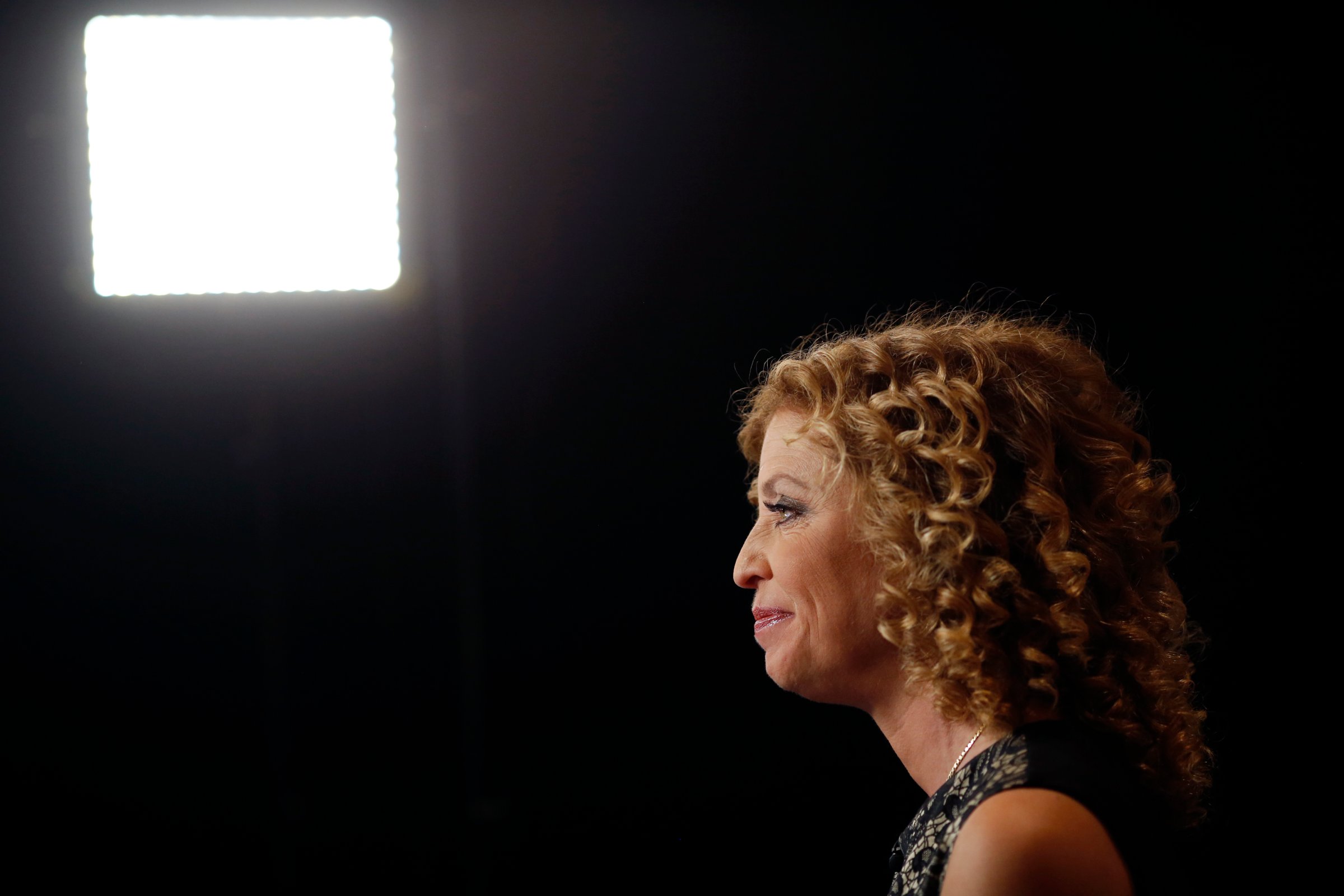
Three of the four former party chairs that Democratic boss Debbie Wasserman Schultz said she “consulted” before deciding on the primary debate schedule tell TIME that their conversations with her did not amount to debate consultations.
“She didn’t consult with me. I do not support the exclusivity clause,” said former DNC chair and former Vermont Gov. Howard Dean in mid-October.
“I did not,” former Pennsylvania Gov. Ed Rendell said in late October when asked if he consulted with her about the debates. “I did speak with her once the issue resolved.”
“No, she didn’t talk to me at all,” Don Fowler said on Thursday. The fourth former party chair that Wasserman Shultz said she consulted with is Virginia Gov. Terry McAulliffe, a longtime loyalist of Hillary Clinton, who did not return calls from TIME requesting comments.
Wasserman Schultz said at least three times in recent months that she consulted with former DNC chairs in order to determine the debate schedule. “I consulted a variety of people, including former DNC chairs, and they advised me and I believed myself that we needed to make sure there was a tighter control over the sanctioned debate process,” Wasserman Schultz said at a Christian Science Monitor breakfast on Sept. 10. She also said, “I got some guidance from previous chairs that we make sure that we not let the debate process get out of control.”
Six days later, speaking on MSNBC, Wasserman Schultz said, “I consulted with former DNC chairs as well as party officials across the state parties and came up with a six-debate schedule that we really think is going to be the right balance” for the primary.
After TIME contacted the Democratic National Committee Friday to notify them of the denials of Dean, Rendell and Fowler, party officials asked each of the three men to contact TIME to add to the previous statements. They all clarified that they did participate in conversations with Wasserman Schultz in the past few years in which debates were discussed, but they said the discussions fell short of consultations about her decision.
“I had lunch with her about two years ago and we talked in general about how these things went,” Dean said on Friday evening, “but I didn’t have any conclusion about the number of debates or exclusivity.”
Rendell said on Friday he has talked with Wasserman Schultz over the years about a number of DNC issues and had warned that the Republican debate schedule in 2011 and 2012 was a tangled mess of the kind Democrats should avoid. “Did we ever talk about this particular decision? No,” said Rendell. “She didn’t ask for input on the explicit decision.”
Fowler said he had at some point loosely discussed the debates with Wasserman Schultz. “I did say to her the number of debates was not magical, it was dependent on the circumstances,” he said on Friday night. “I think I said it depends on how many candidates we had.” Fowler said he didn’t recall when he spoke with her.
Wasserman Schultz was not required to get approval from former chairs, and there is little formal process for setting the schedule. But as she has faced backlash from her party over the decision to prohibit candidates from participating in other debates, she has repeatedly pointed to the input she had from top party leaders.
Wasserman Schultz has come under fire before for making misleading statements about the debates. Last month, DNC Vice Chair R.T. Rybak accused her of lying about the debate schedule, saying in an interview with the New York Times that she had made “flat-out not true” statements about consulting with top Democratic Party officers.
“This is not a back-and-forth between a chair and a vice chair,” Rybak told the Times in mid-October. “This is a chair of the Democratic Party wrongly stating that she consulted with all of the party officers. I was not consulted. I know that (DNC vice chair) Tulsi Gabbard was not consulted. And this is becoming about much more than debates.”
Rep. Gabbard said that Wasserman Schultz disinvited her from attending the first debate after she publicly voiced her criticism of the Democratic schedule. Gabbard said in an interview with TIME that Wasserman Schultz showed “poor judgment” over the debate schedule.
Wasserman Schultz has said she gave all the campaigns fair input in the debate negotiations, but former Maryland Gov. Martin O’Malley’s campaign has said the negotiations with Wasserman Schultz were done in bad faith.
The Democratic debate schedule has become a hotly disputed topic. Wasserman Scthultz scheduled six debates and prohibited candidates from participating in any additional debates, a rule that O’Malley and Vermont Sen. Bernie Sanders have said is unfair. Some in the party have accused Wasserman Schultz of favoring Clinton by protecting her from exposure in debates.
Read more: O’Malley Lobbies Sanders for More Debates
Wasserman Schultz, for her part, has said that it was necessary to limit the schedule to six debates to prevent candidates from repeated distractions on the campaign trail. The more than 20 debates in the 2008 Democratic primary between Clinton, then-Sen. Barack Obama and others were far too many, she has argued.
Read more: Bernie Sanders Calls For More Democratic Debates
“Maintaining an orderly and effective nominating process is one of the most important responsibilities a DNC Chair has,” said Virginia Gov. McAuliffe in a statement earlier this year. “When I was Chair in the 2004 cycle I was proud of the way we used sanctions and DNC-sponsored debates to balance the calendar and get our message out across the country.”
Amid pushback, Wasserman Schultz has in recent weeks worked with the vice chairs to adding forums for the Democratic presidential candidates. The Democratic candidates Clinton, Sanders and O’Malley participated in a forum Friday evening in South Carolina, and all spoke in Washington DC at the Women’s Leadership Forum.
DNC communications director Luis Miranda said the party would continue to consider adding events to the schedule for the candidates.
“We value the wide range of perspectives in the Democratic Party. That’s why DNC Chairwoman Debbie Wasserman Schultz directed staff to conduct a full review of our debate calendar and process over the course of the last few weeks, which included feedback from our campaigns,” said Miranda. “The Chair has also directed her team to pull together the details in coordination with state parties in support of additional forums that are pending so that we can round out the schedule.”
LIFE's Best Convention Photos: The Democrats
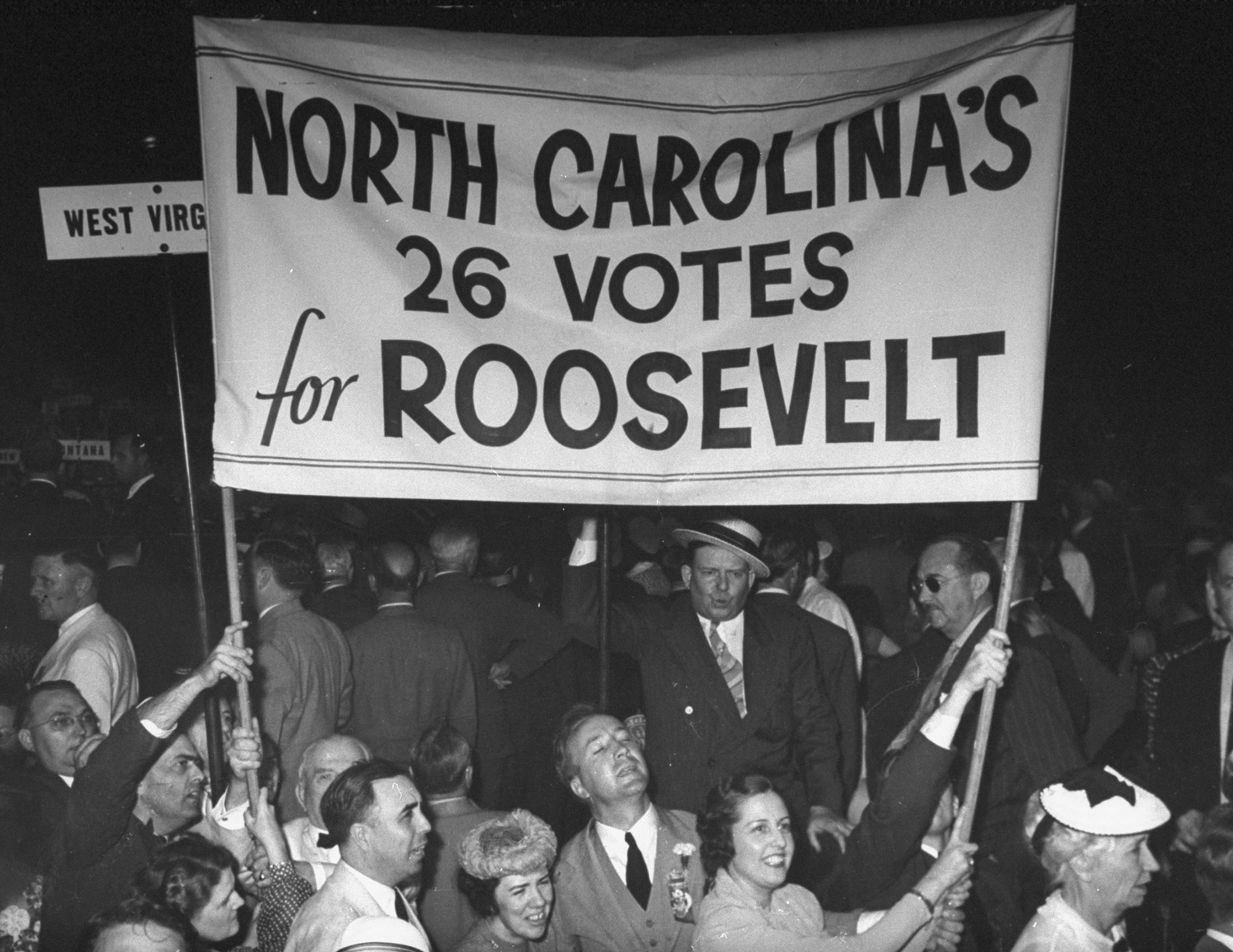

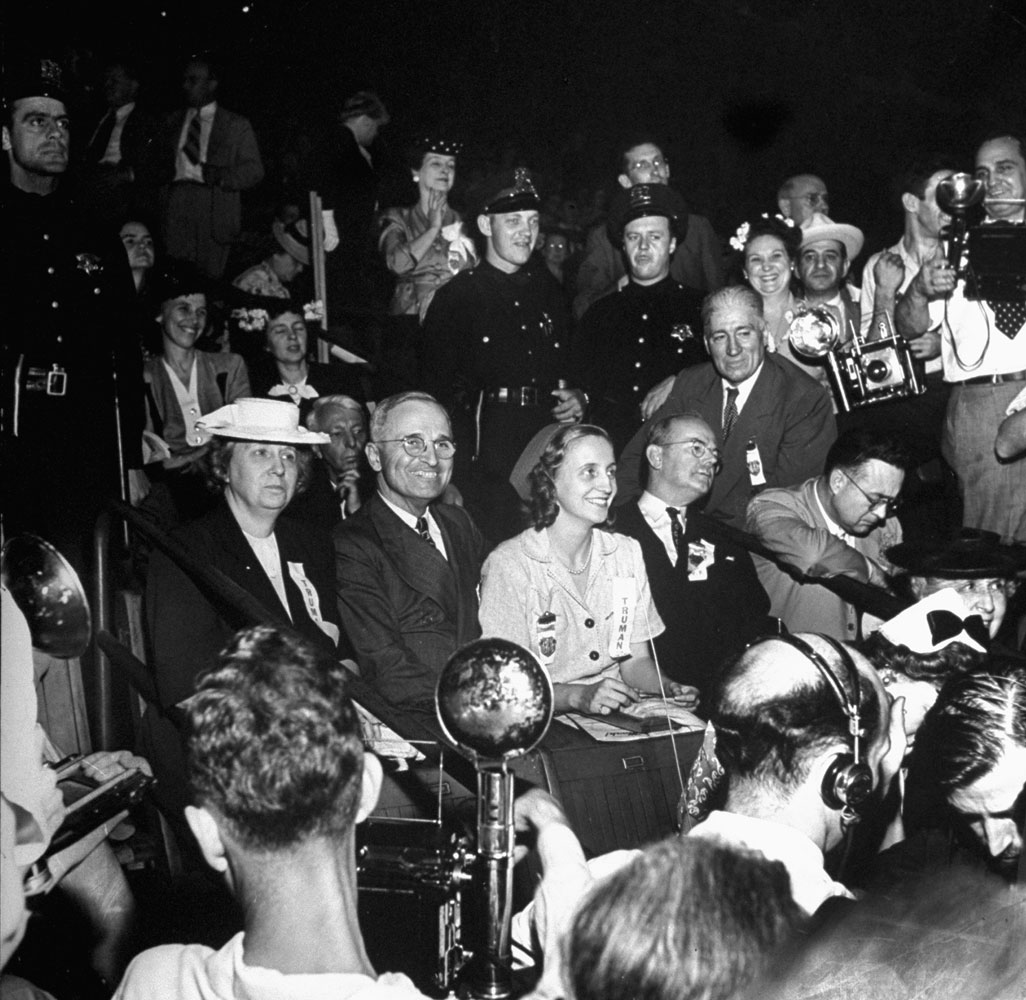
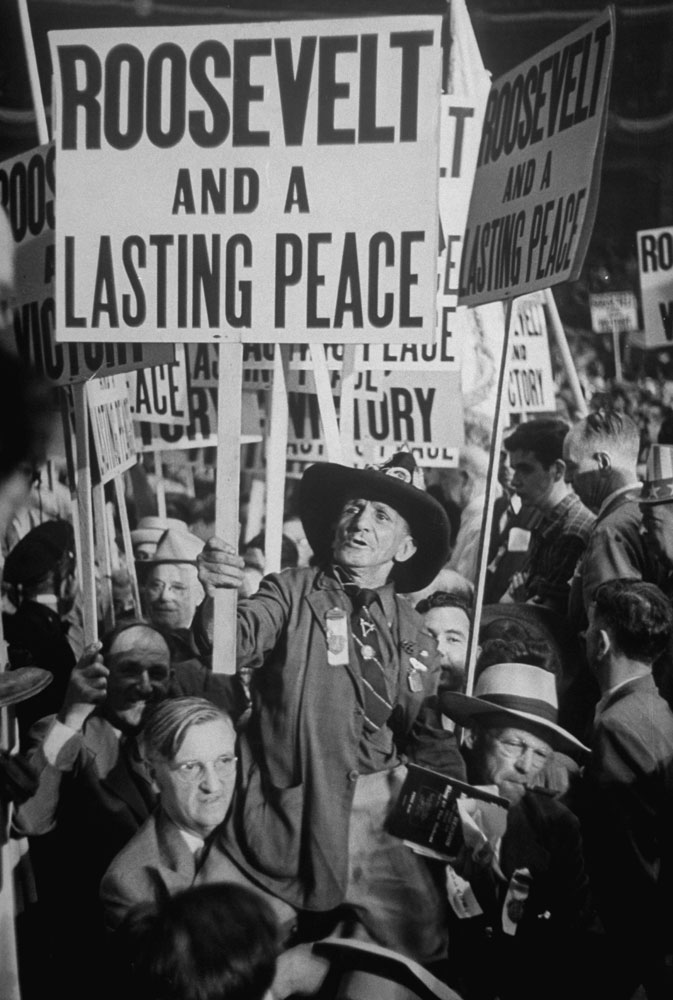
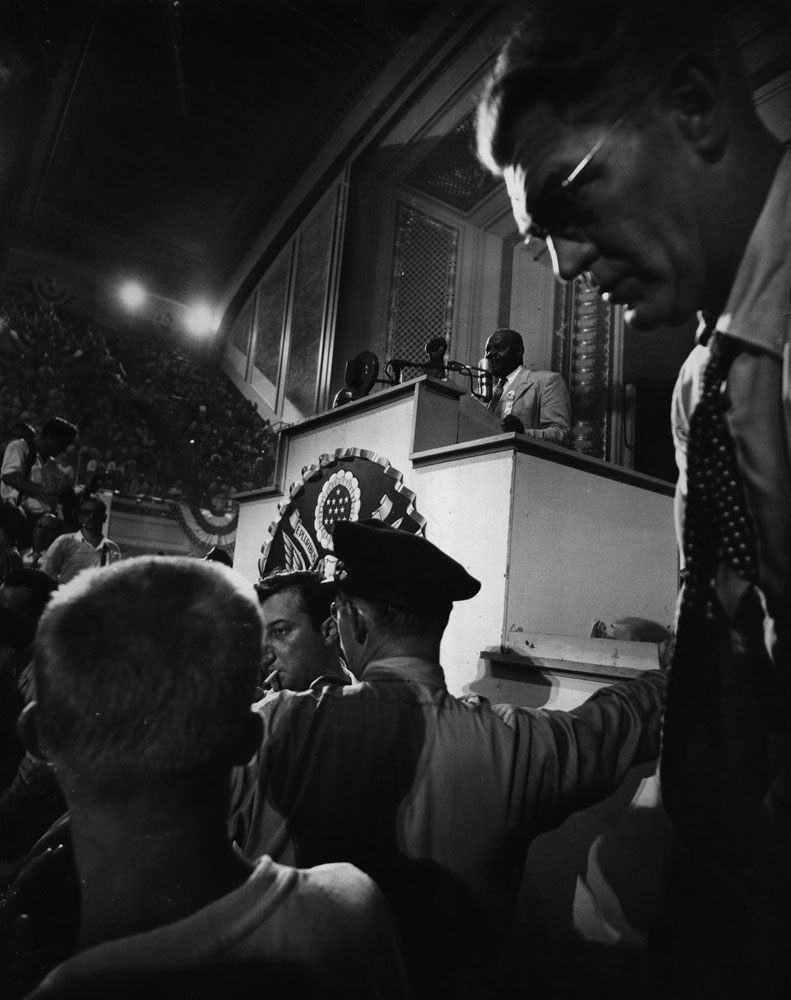
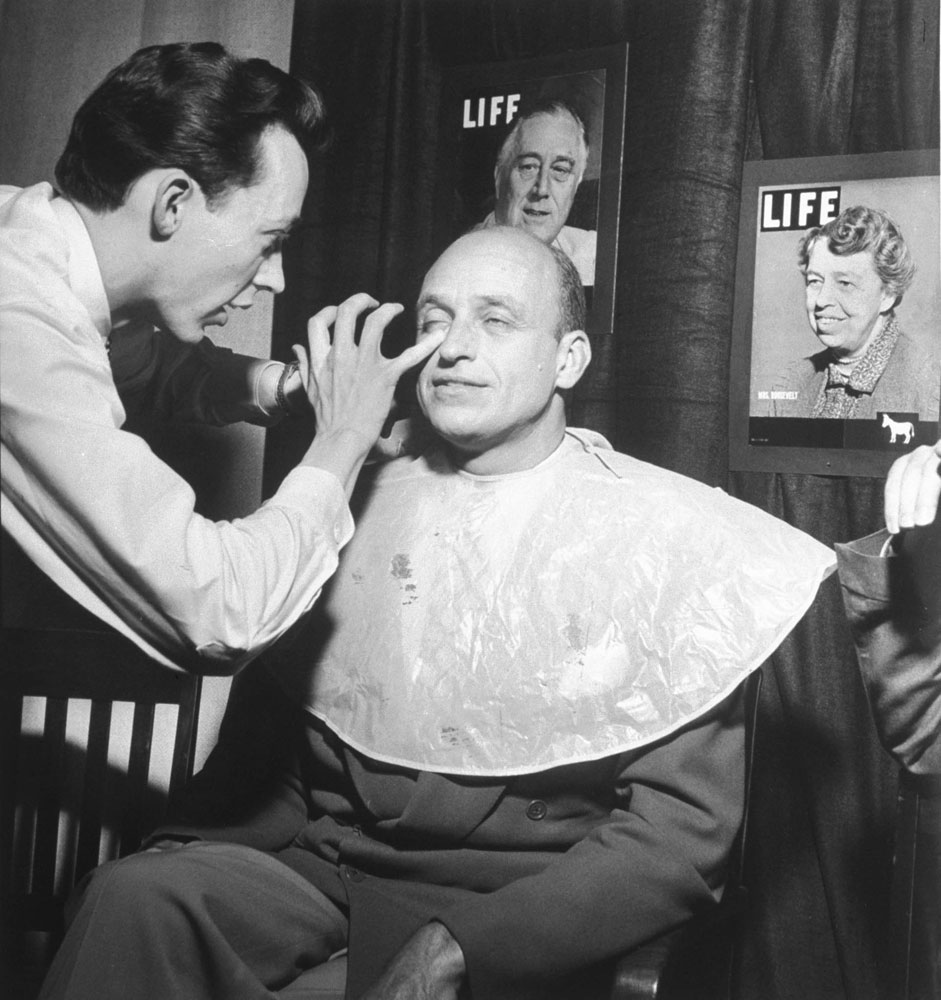
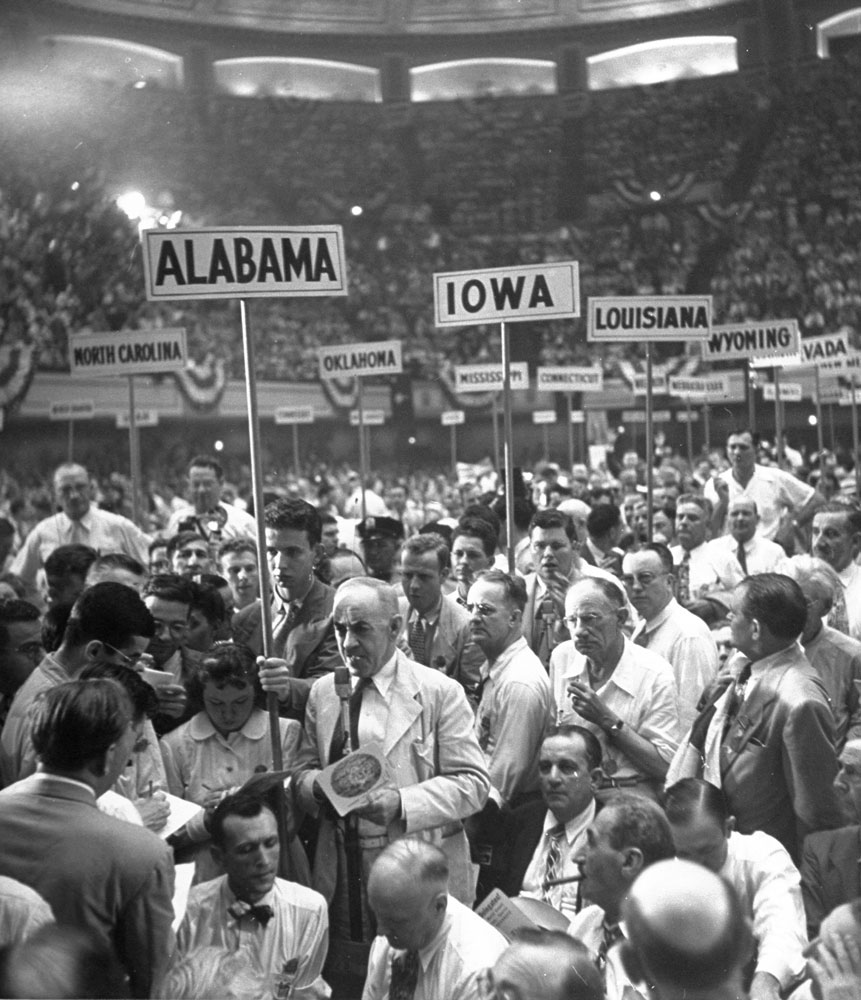
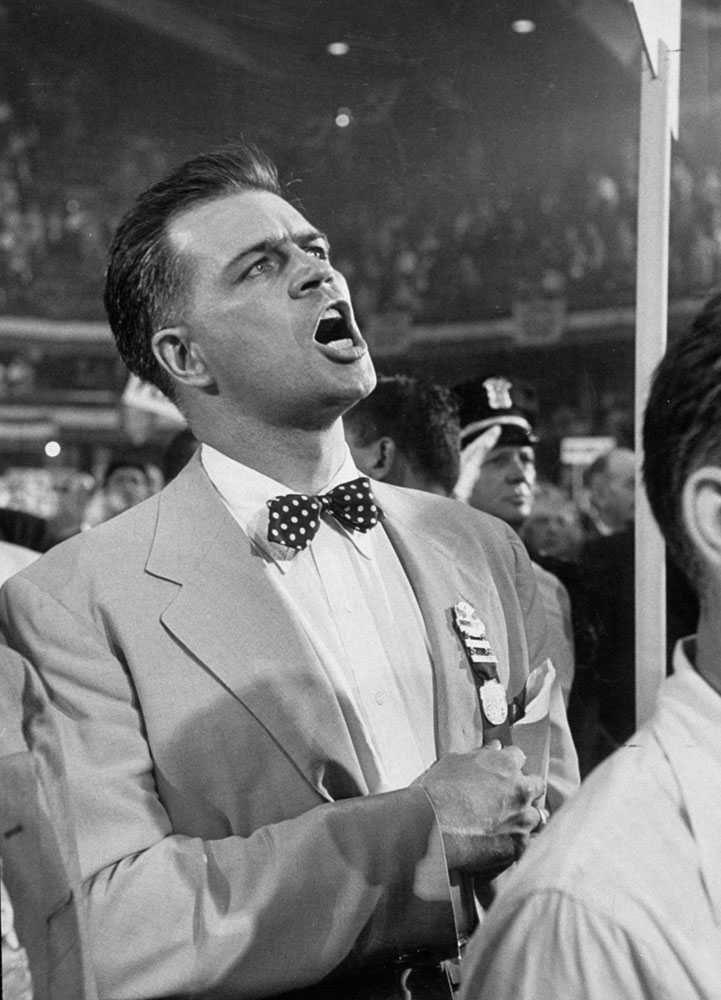
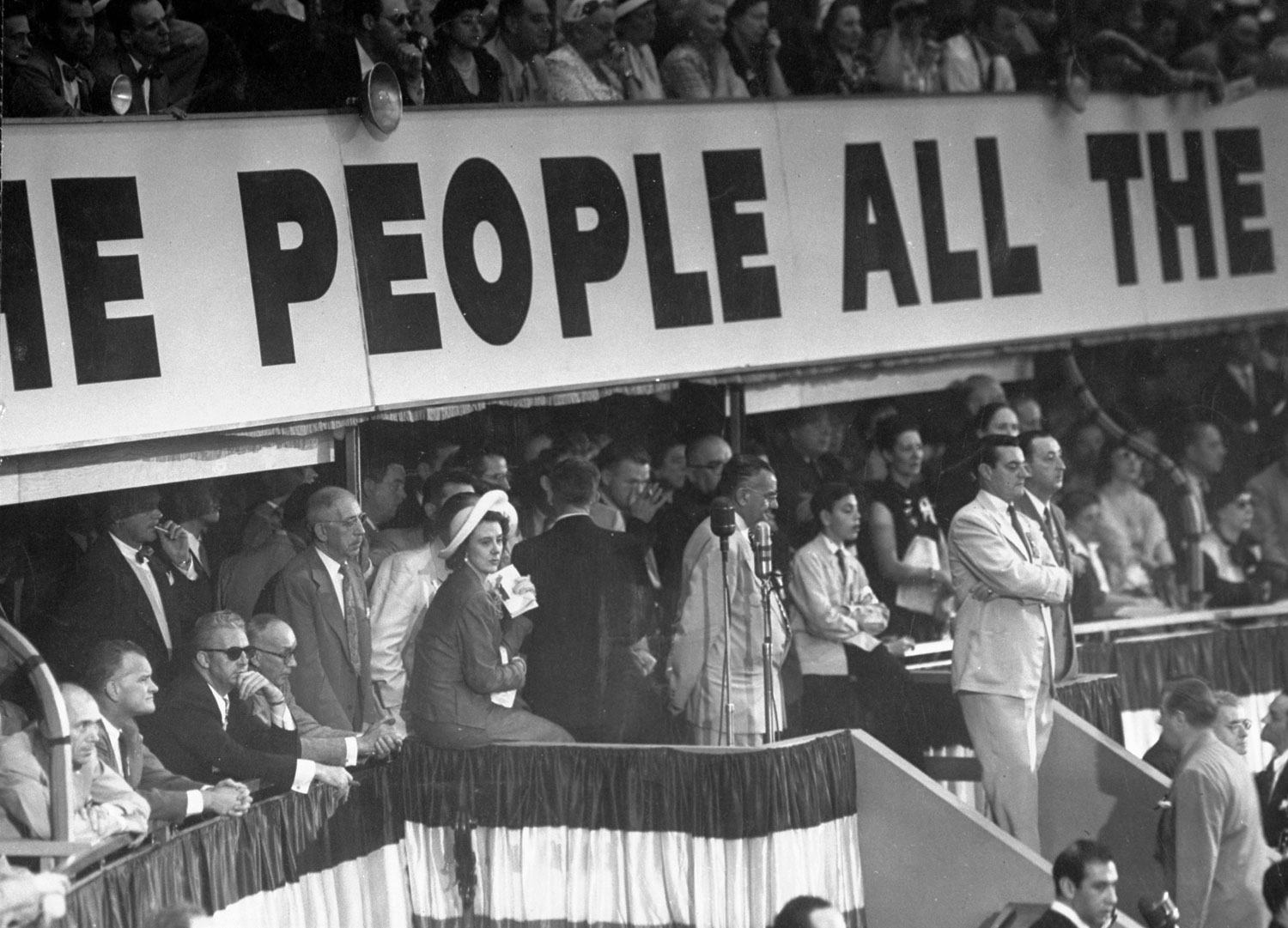
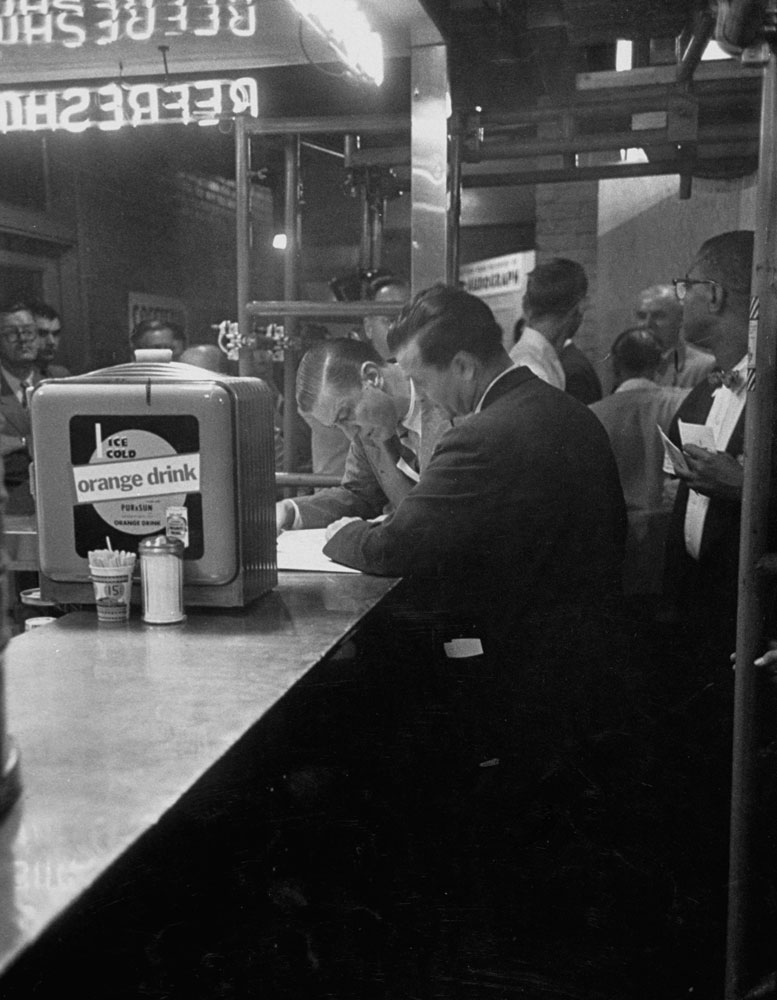
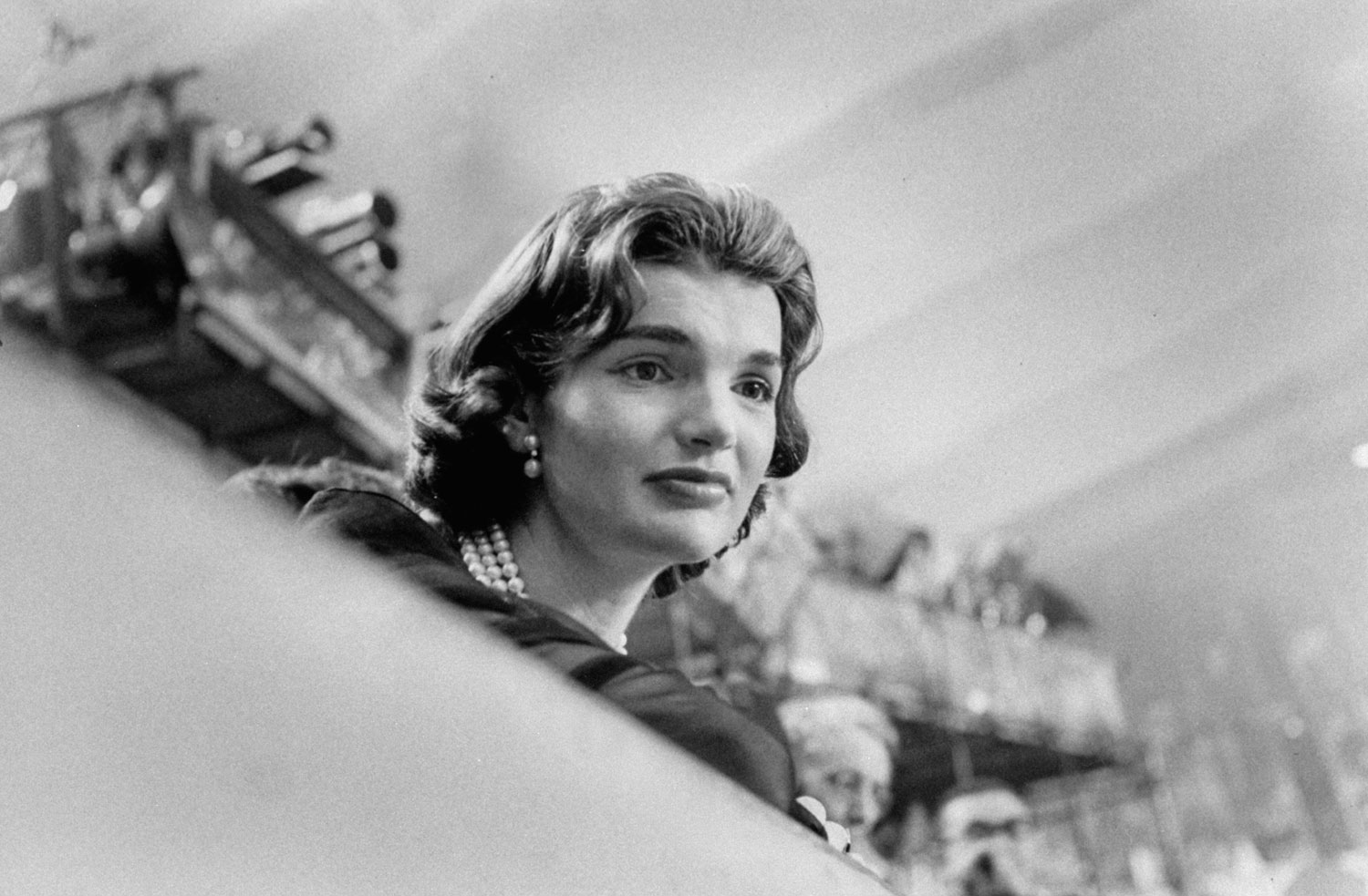
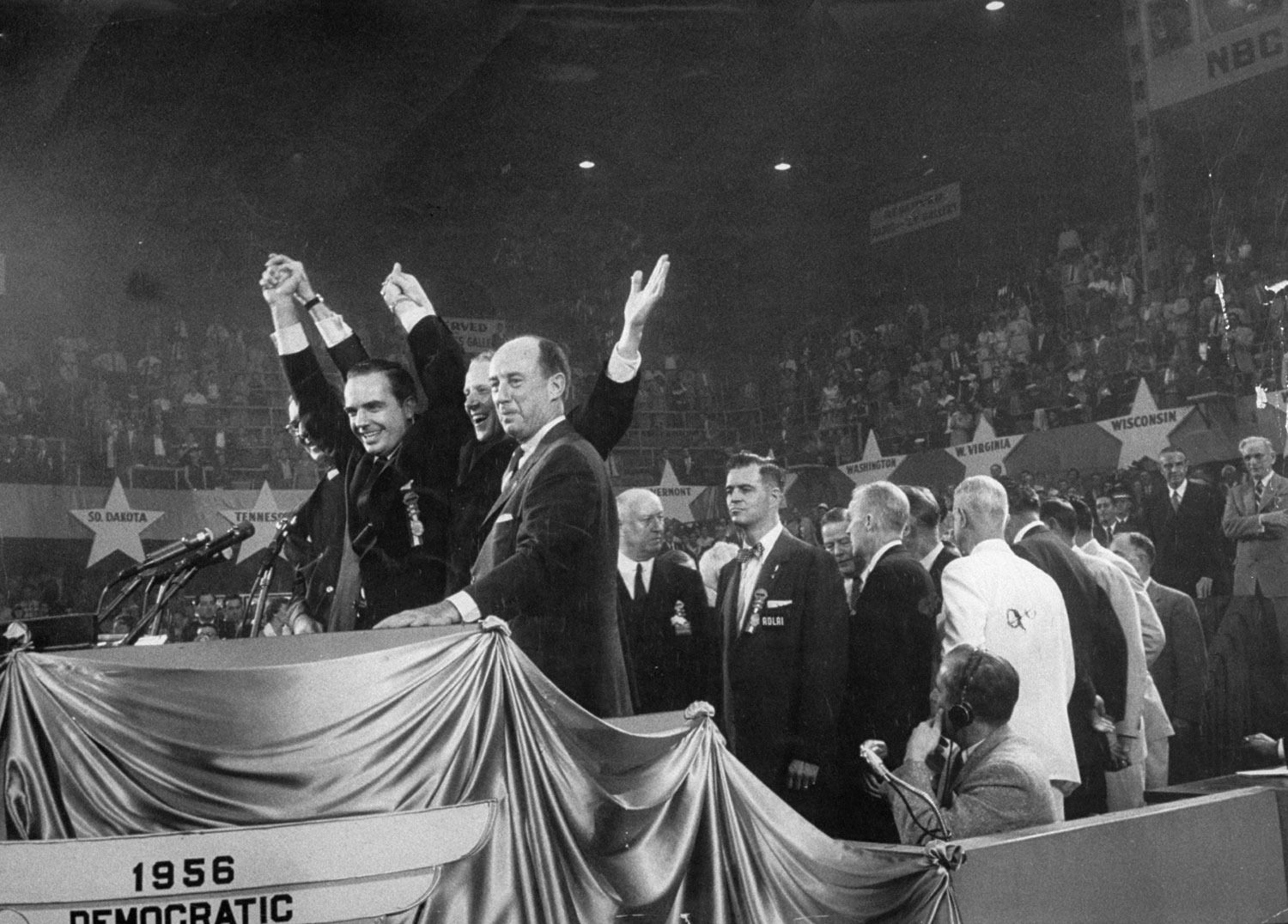
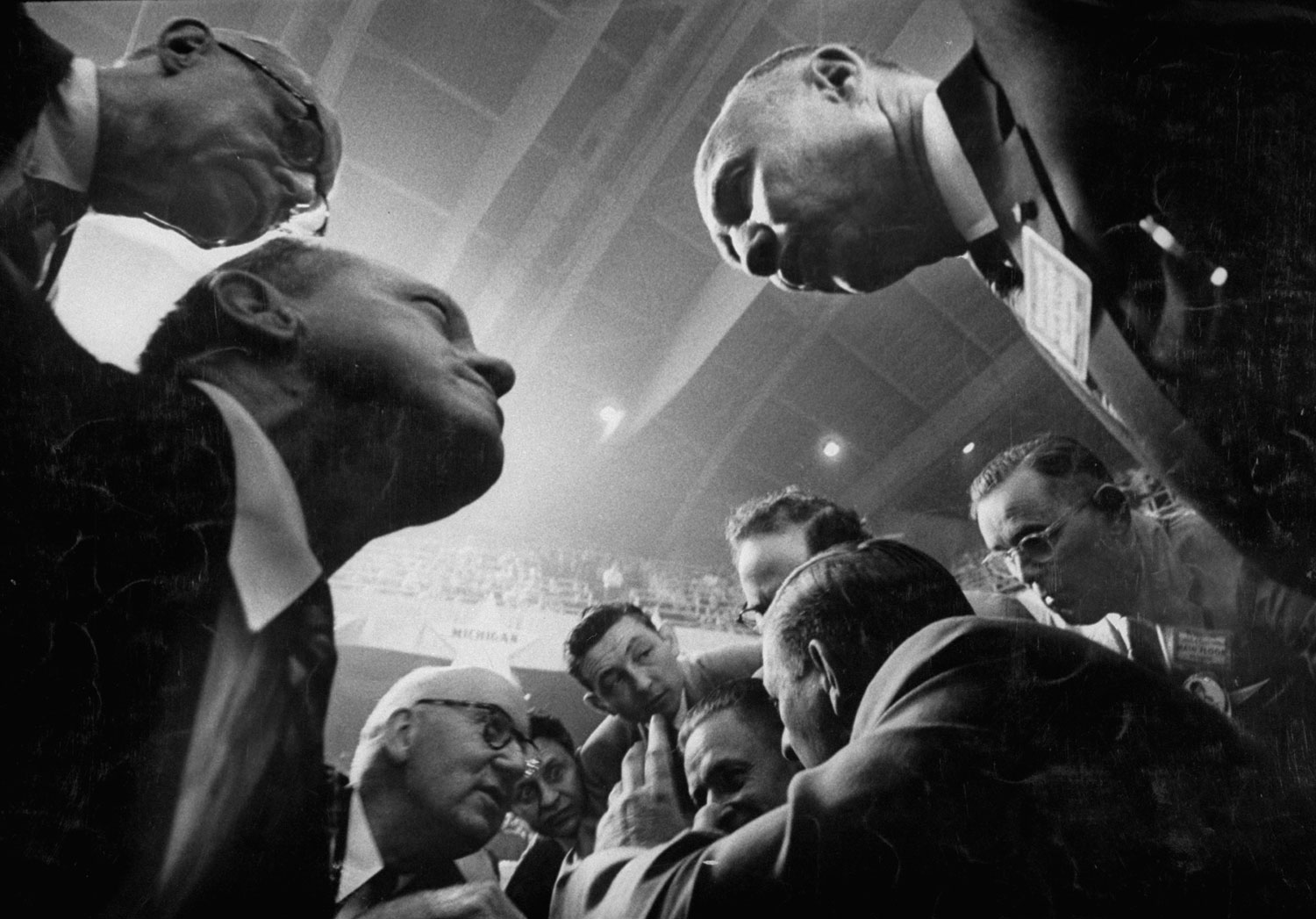
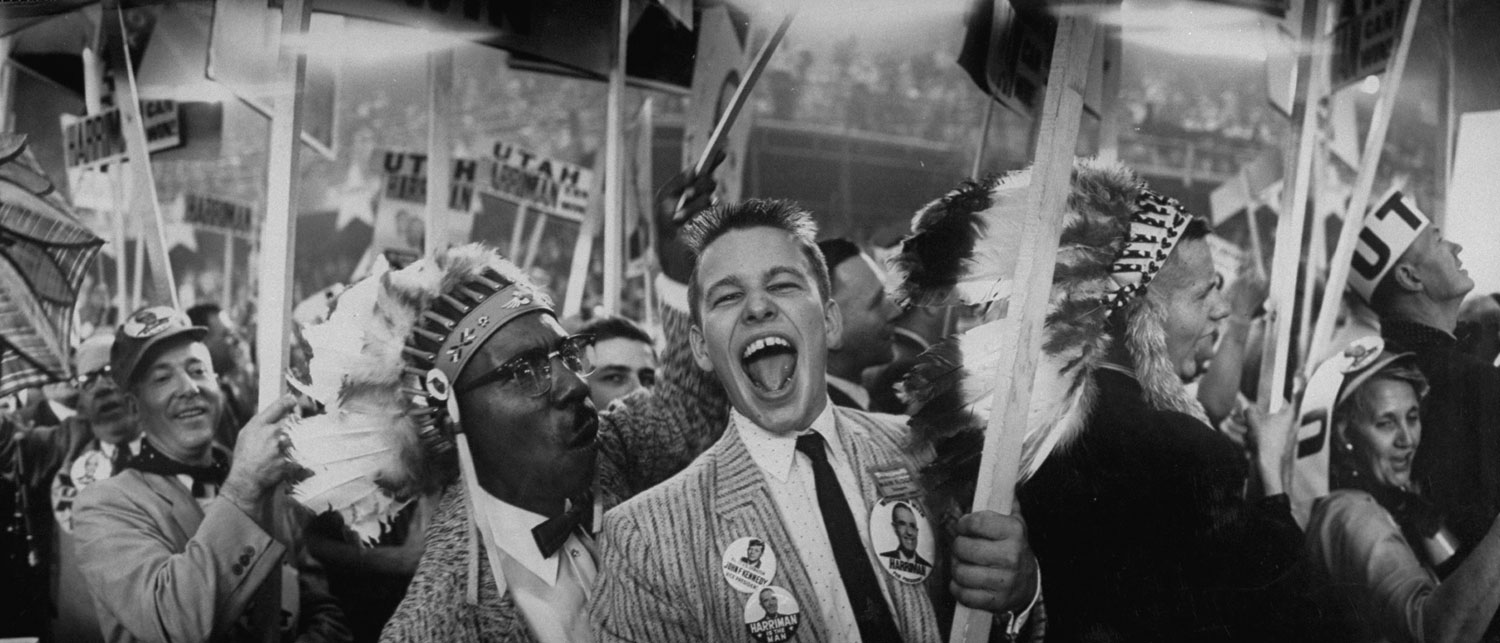
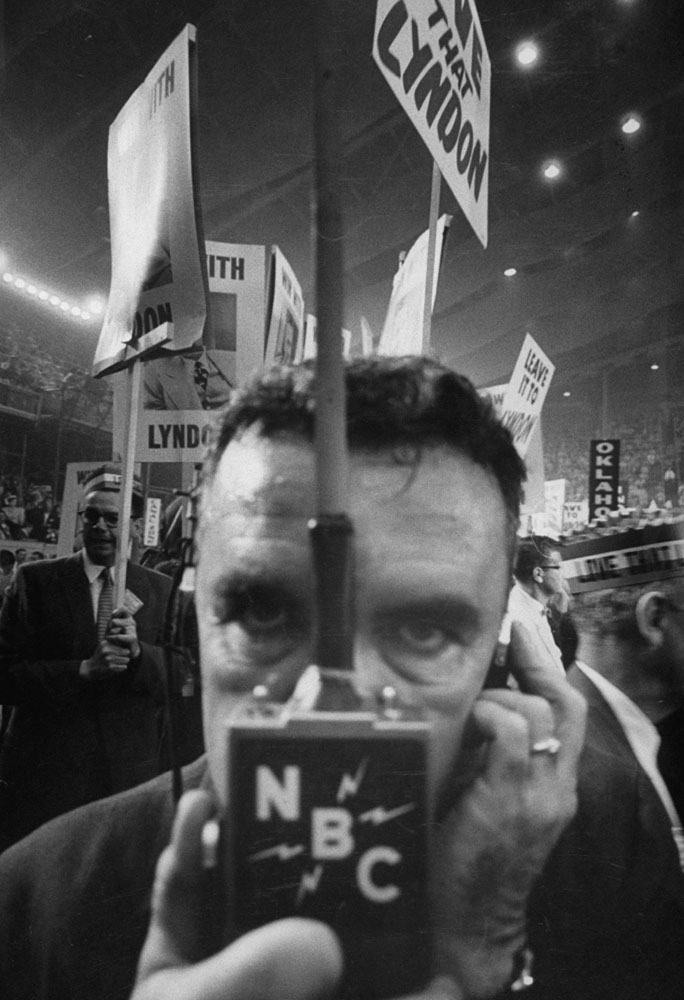
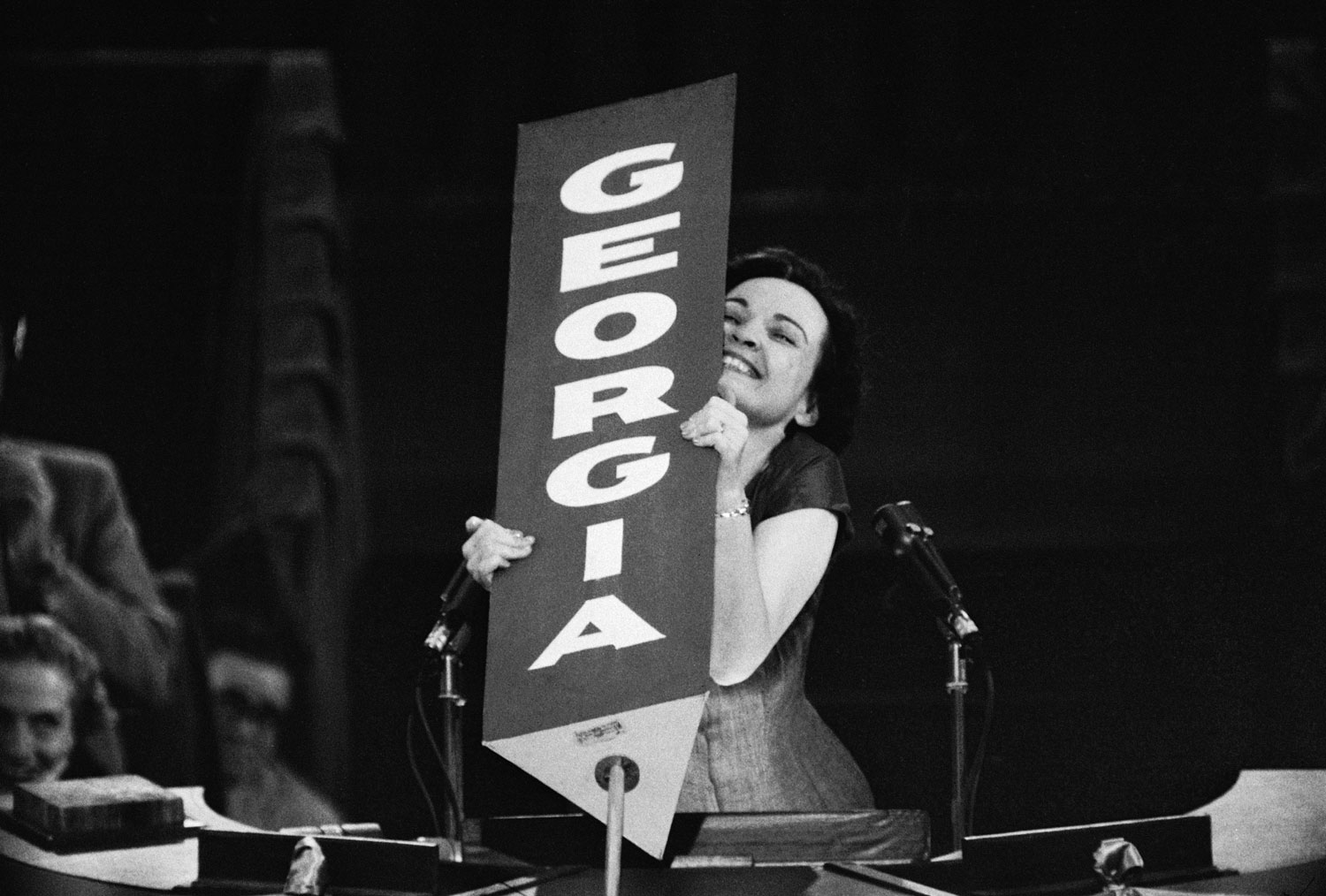
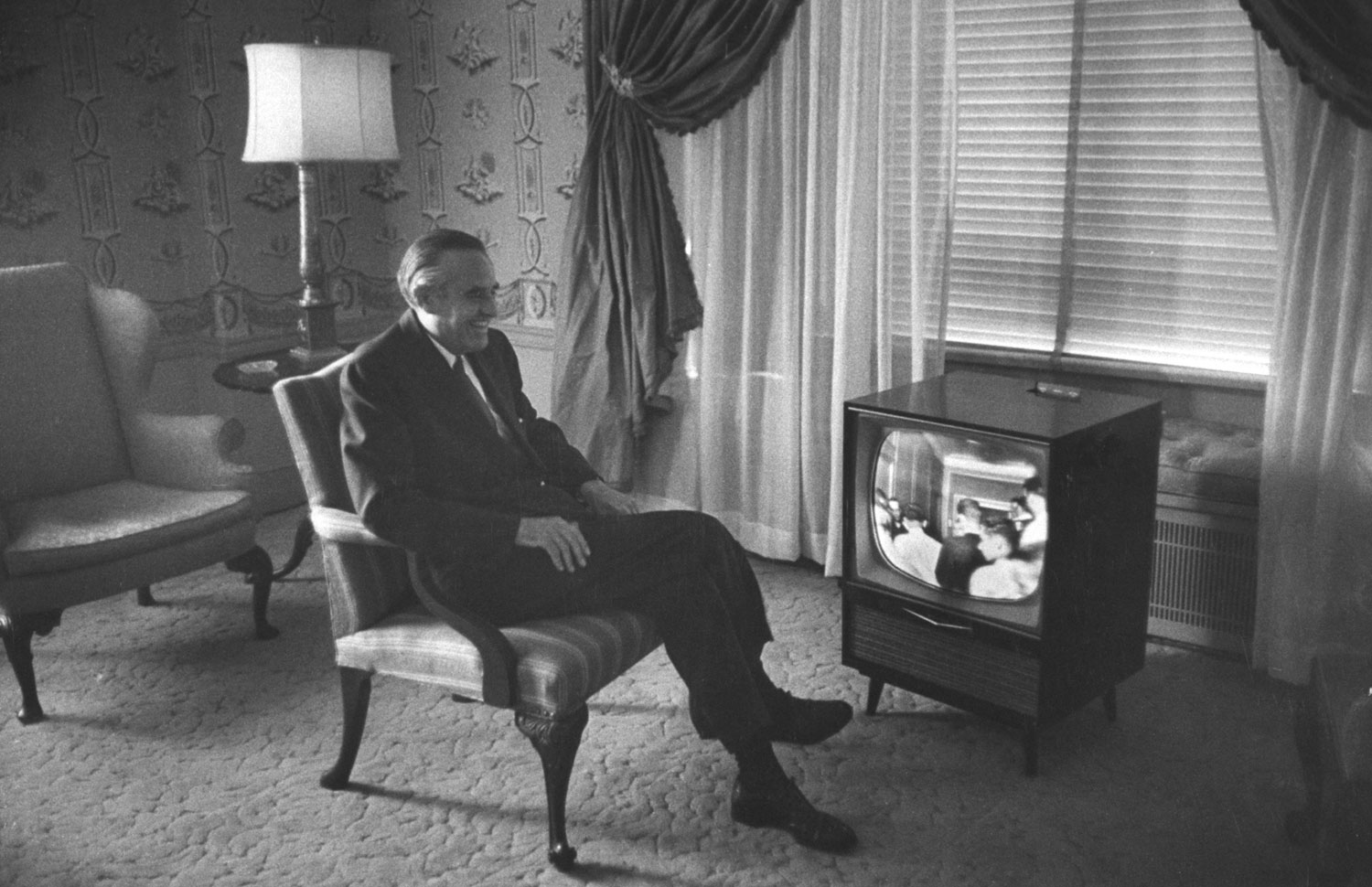
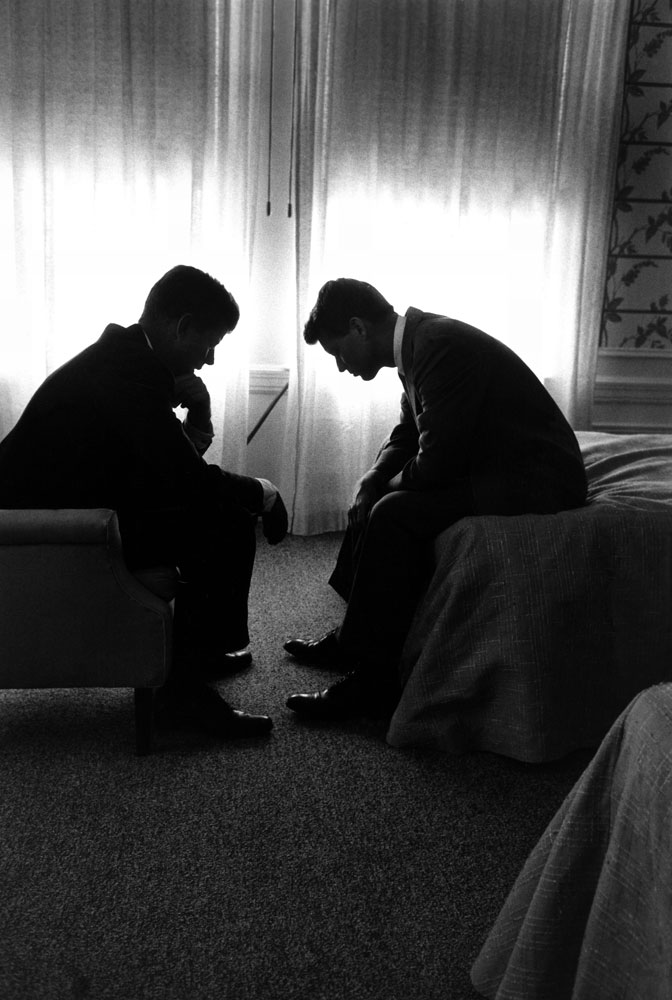
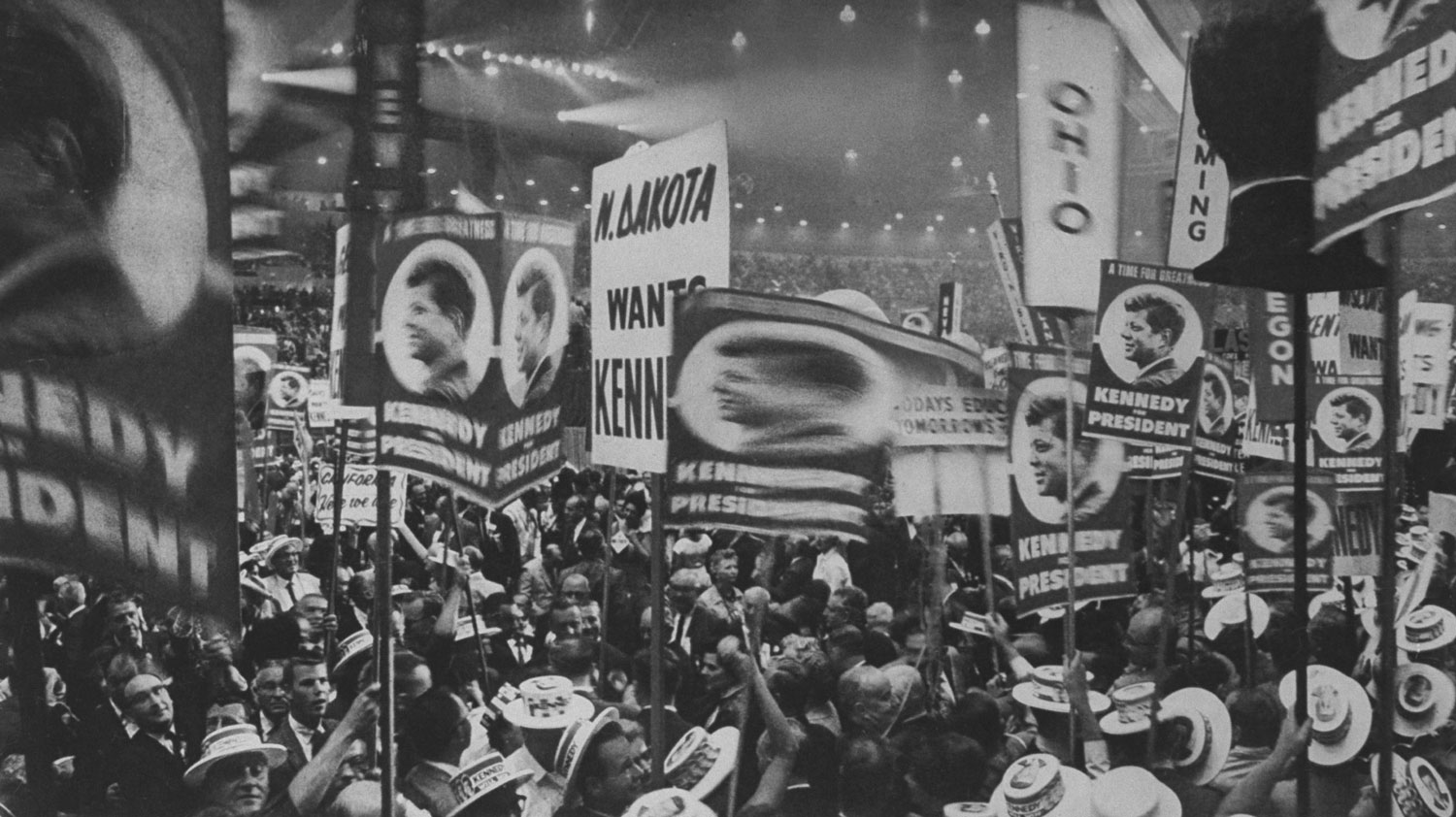
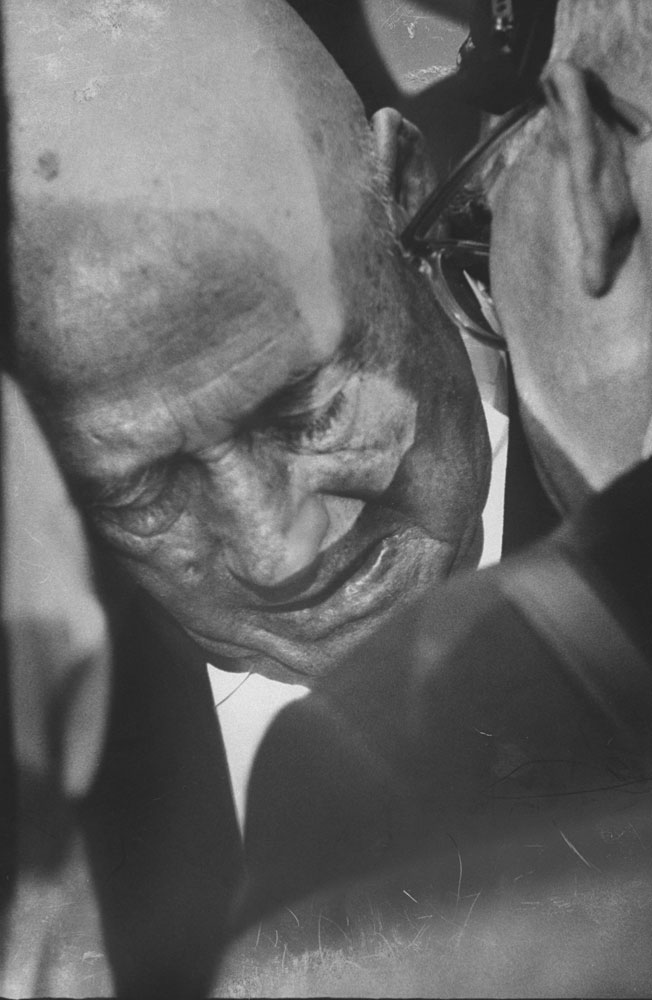
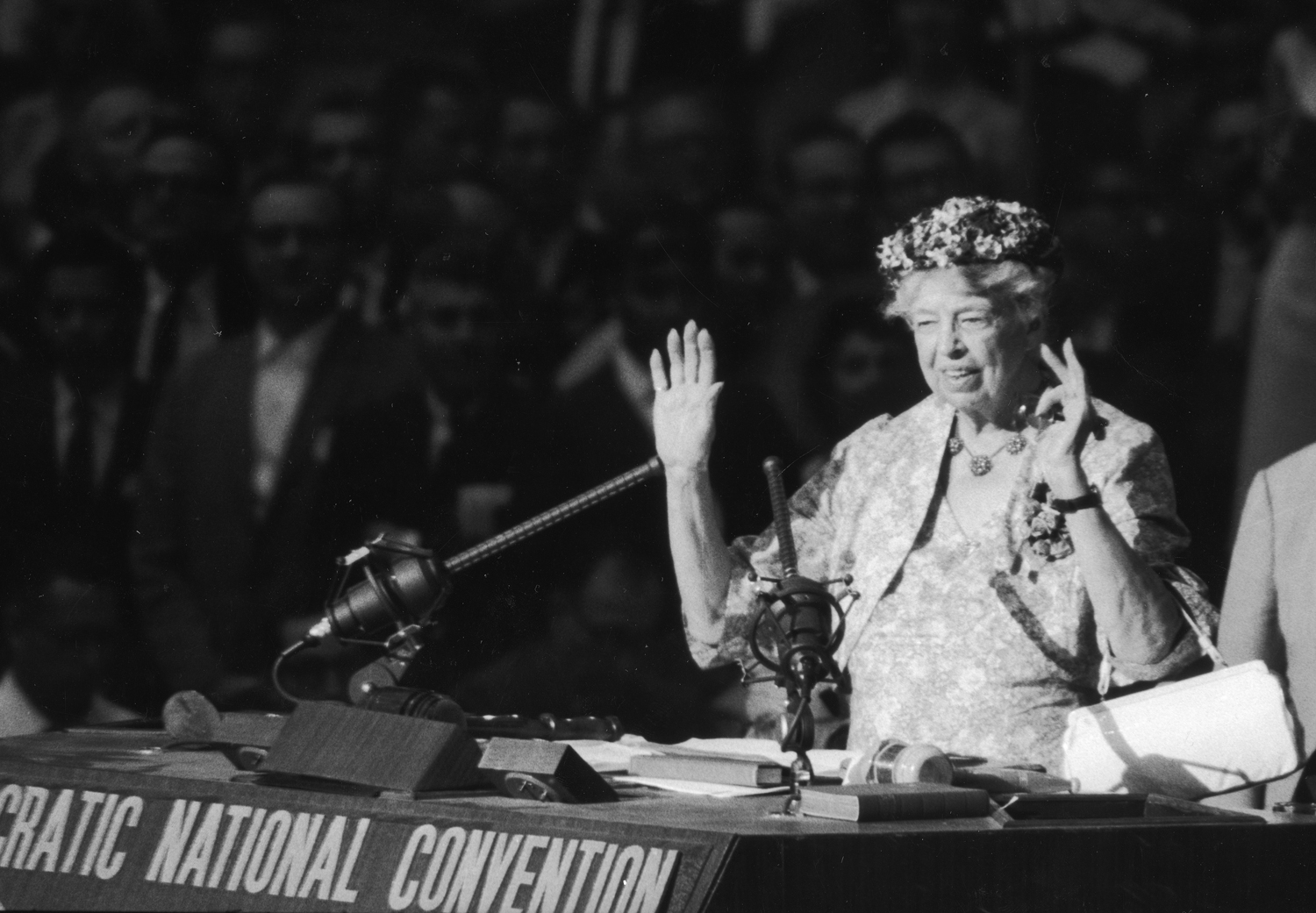
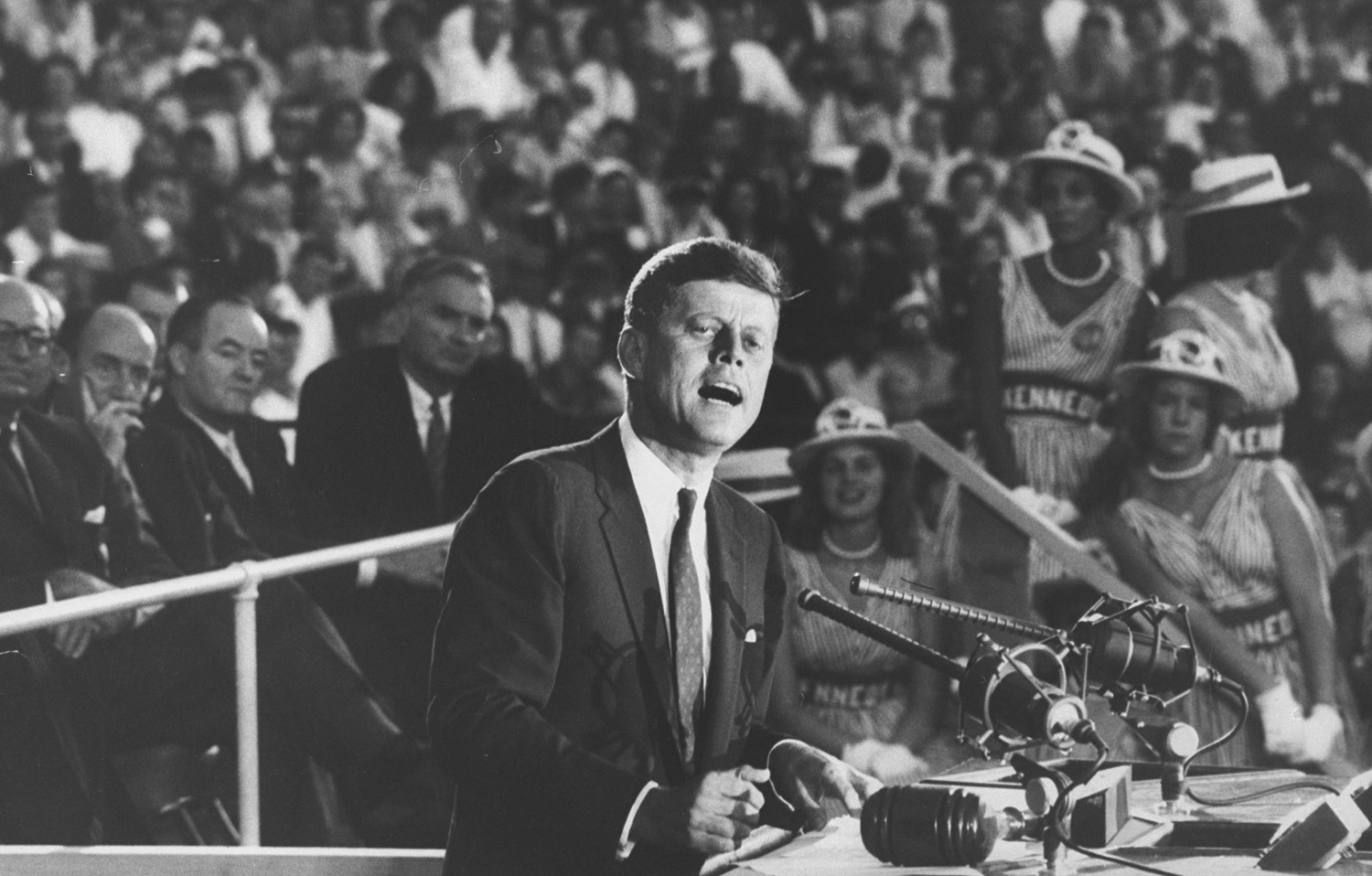
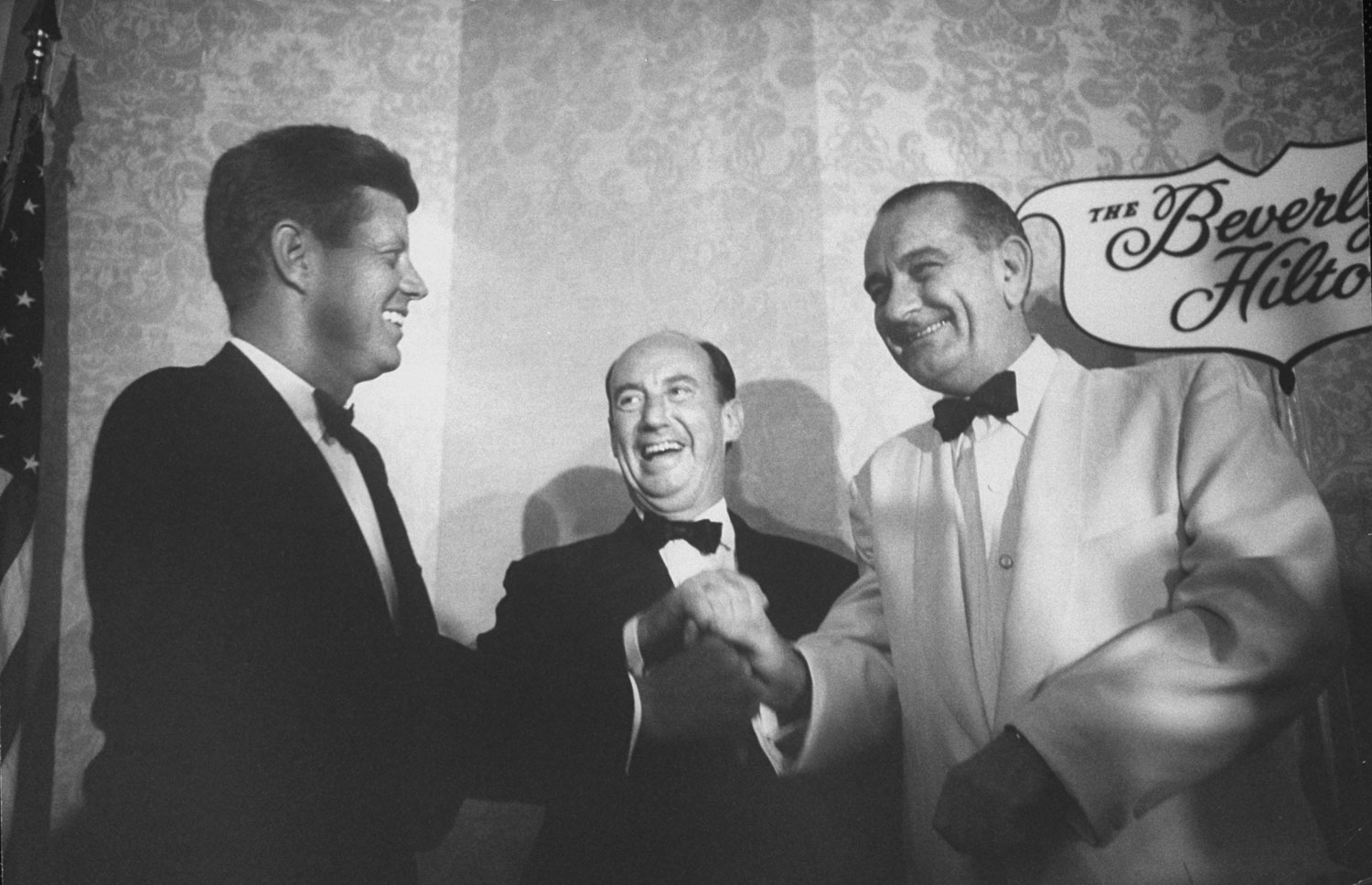
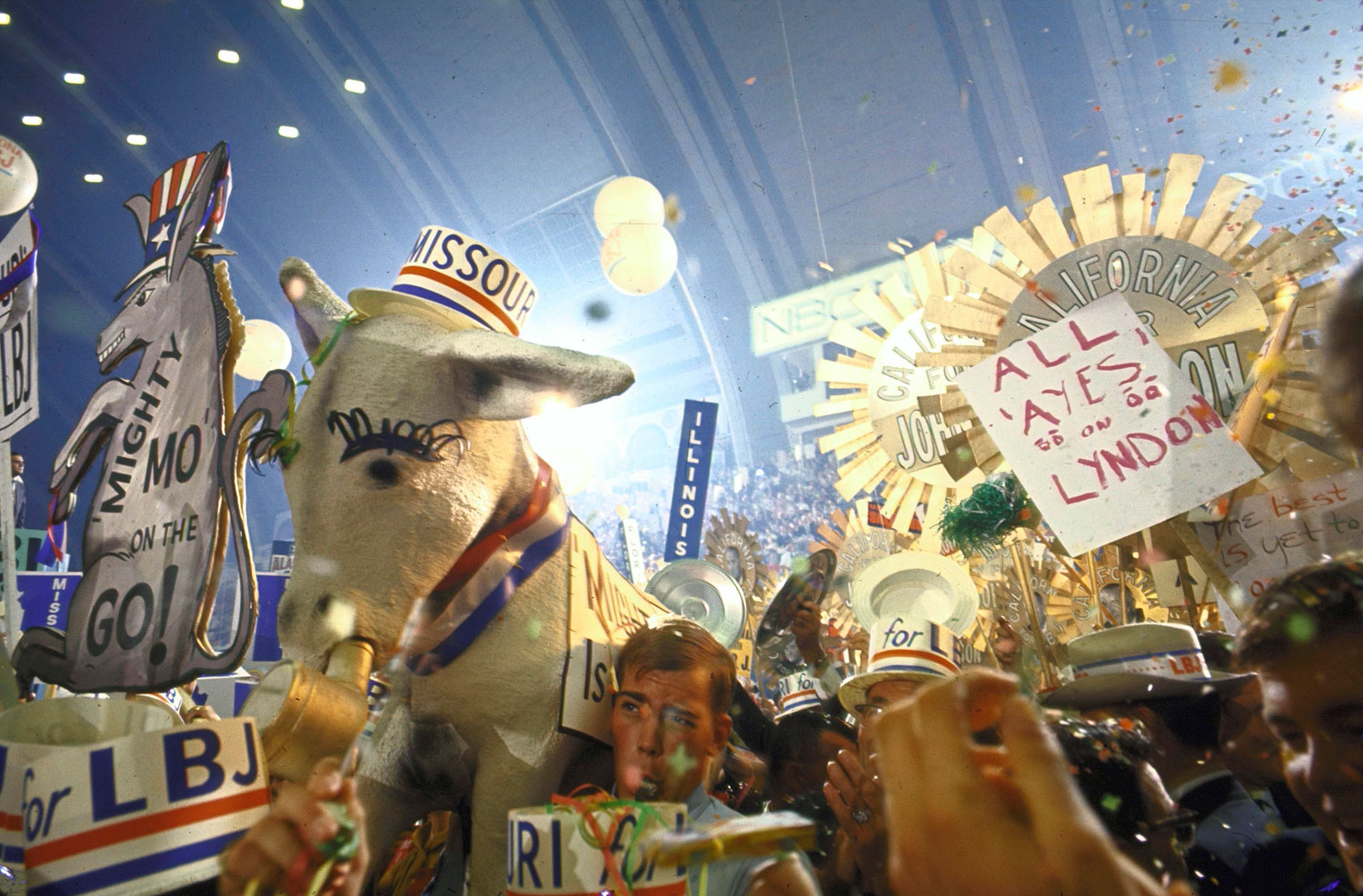
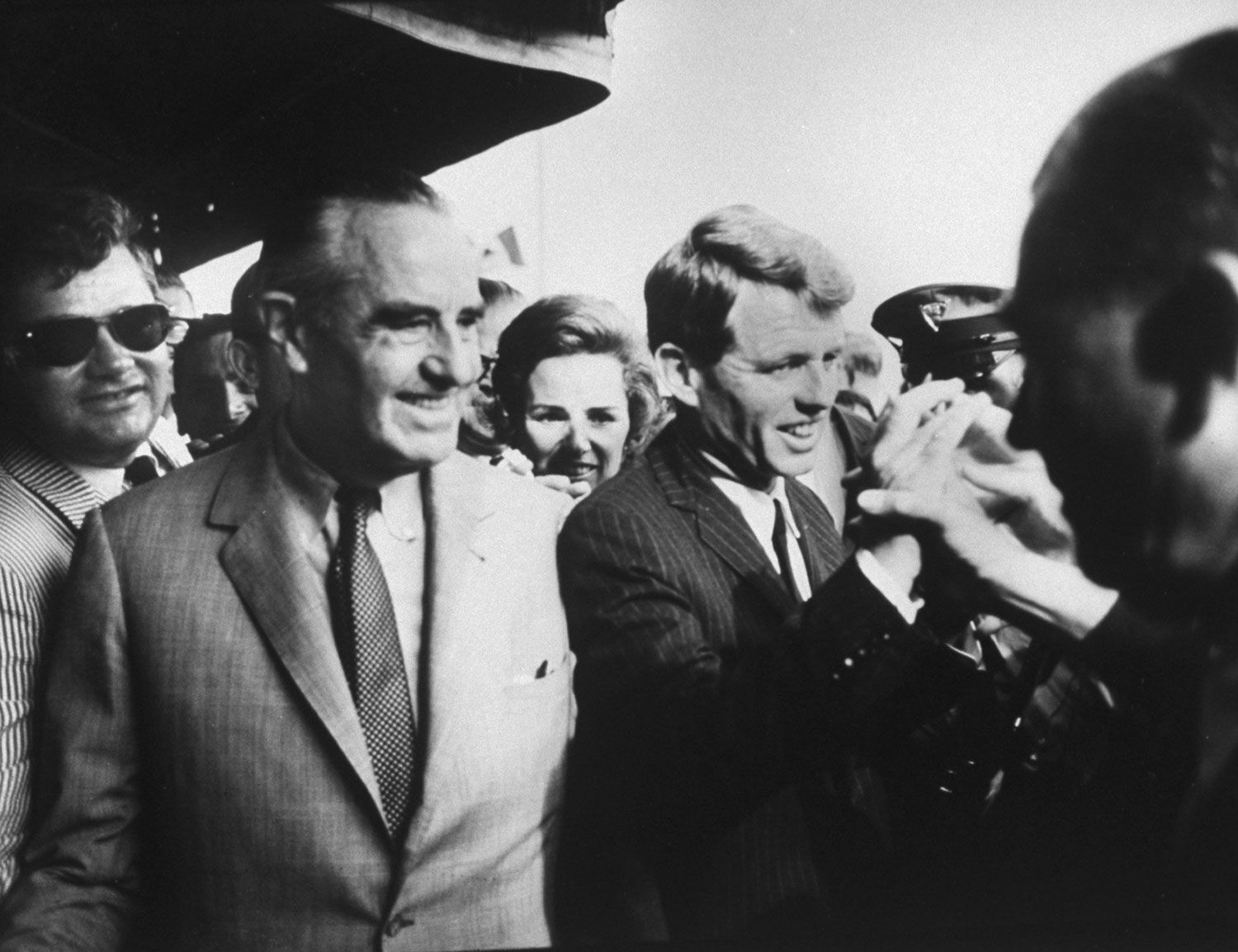
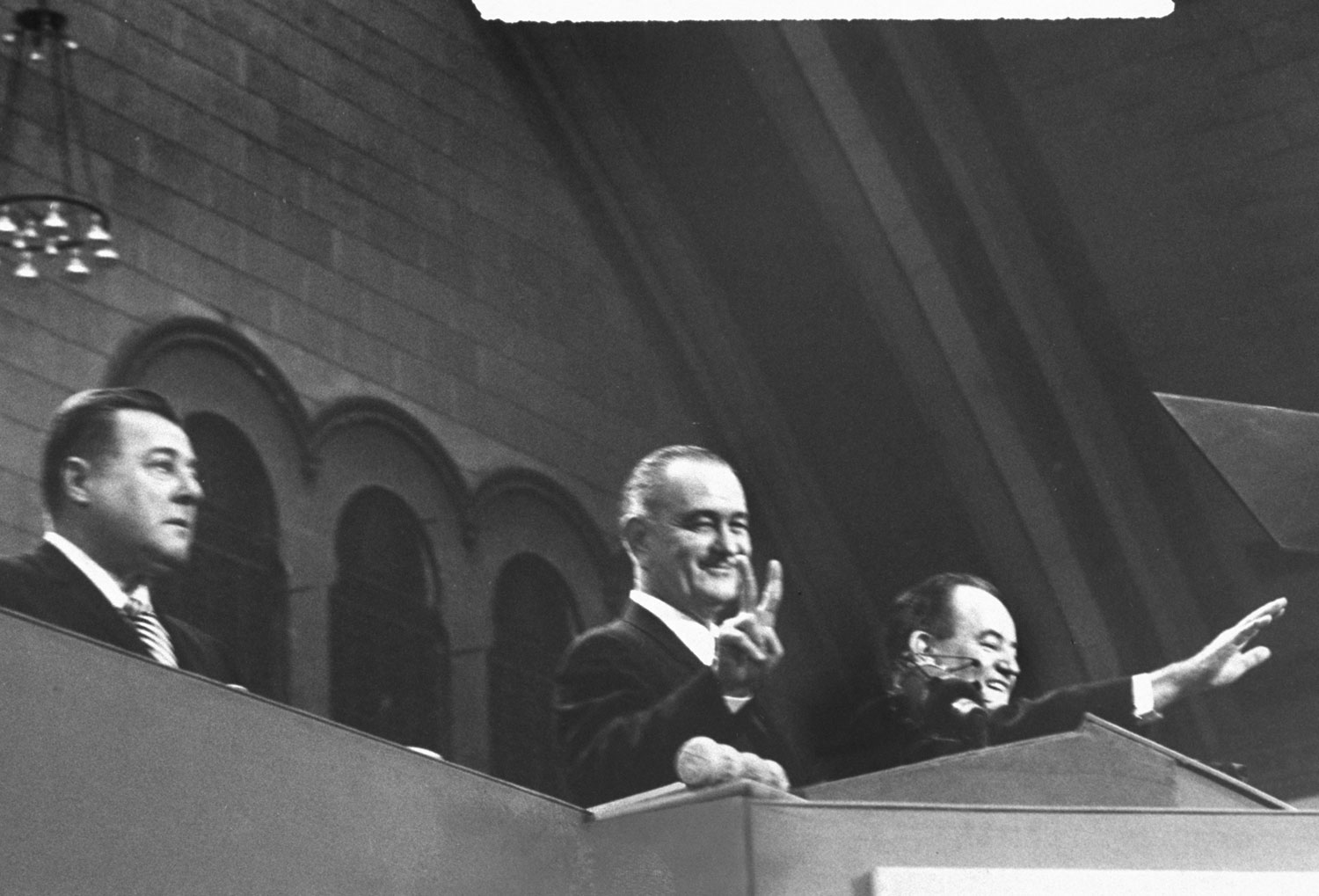
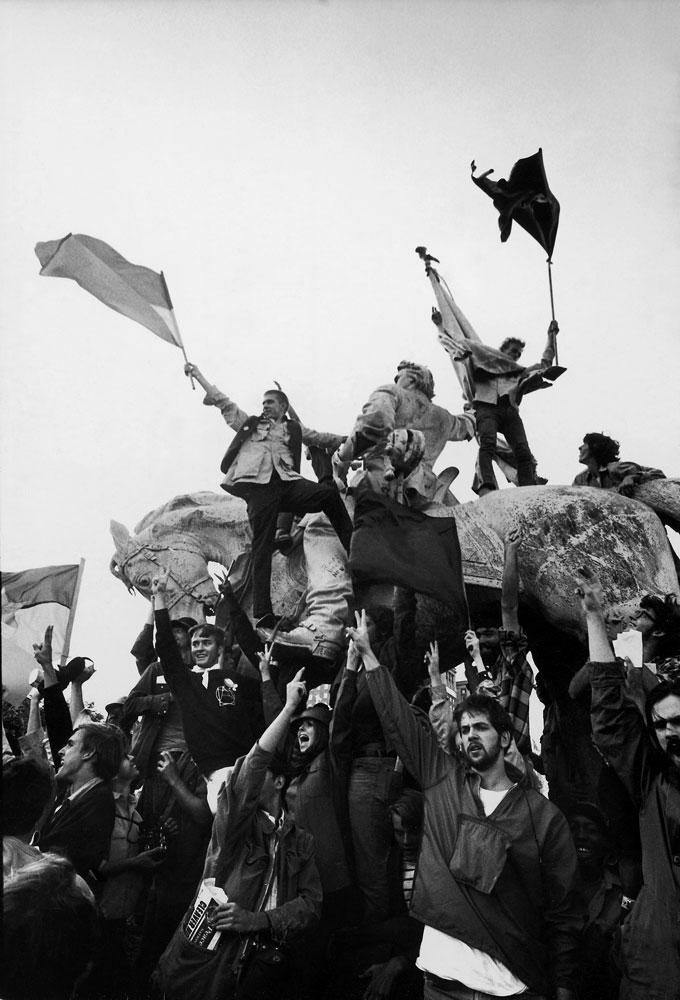
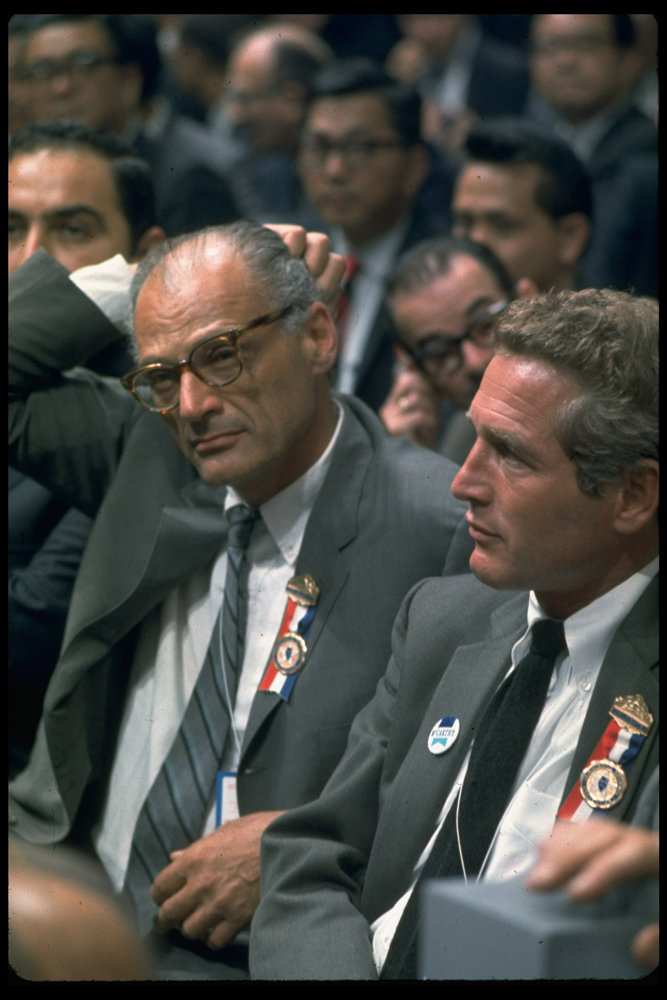

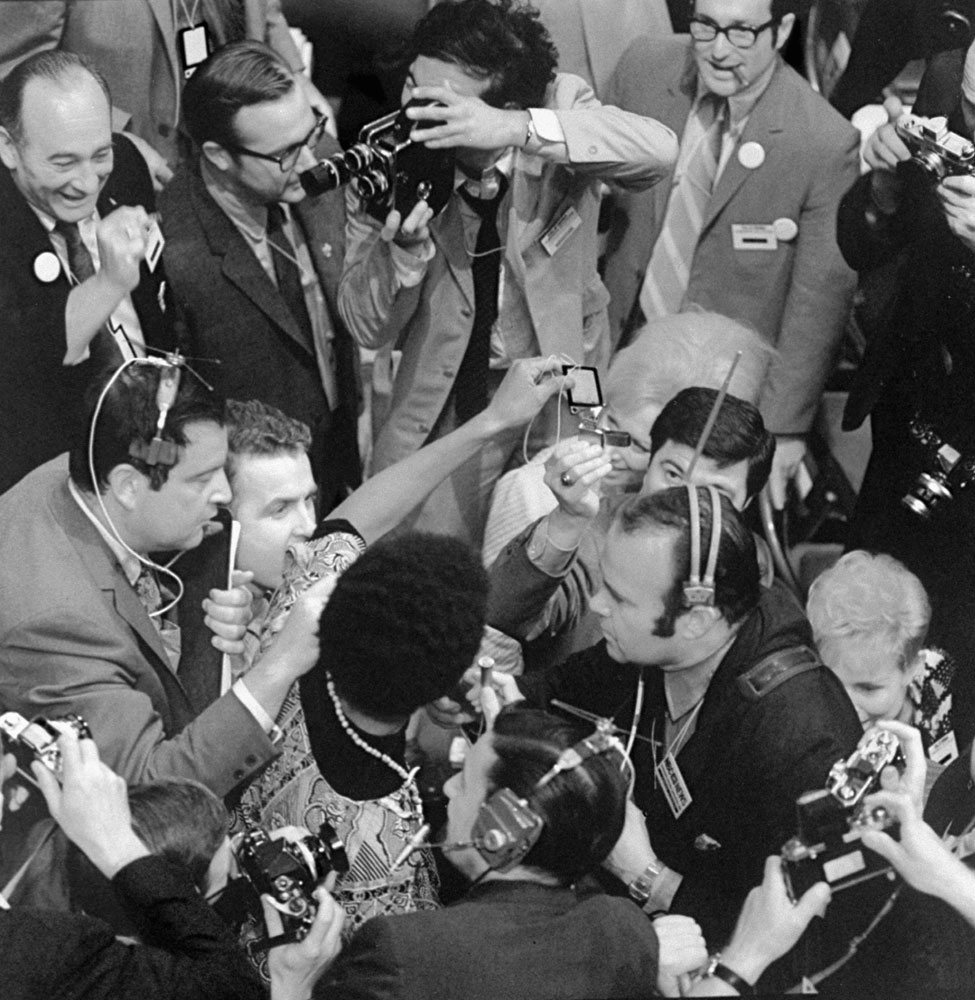
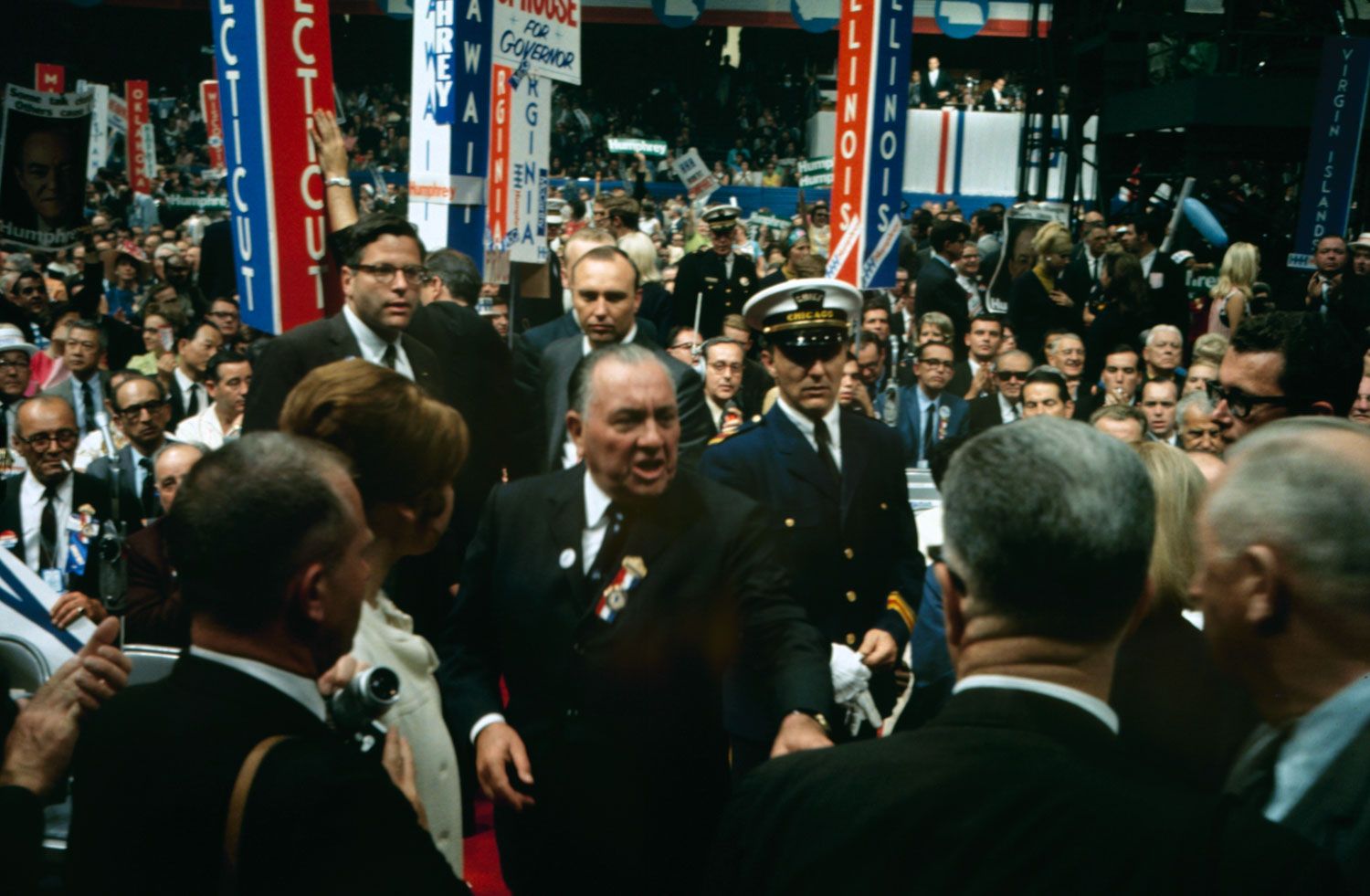
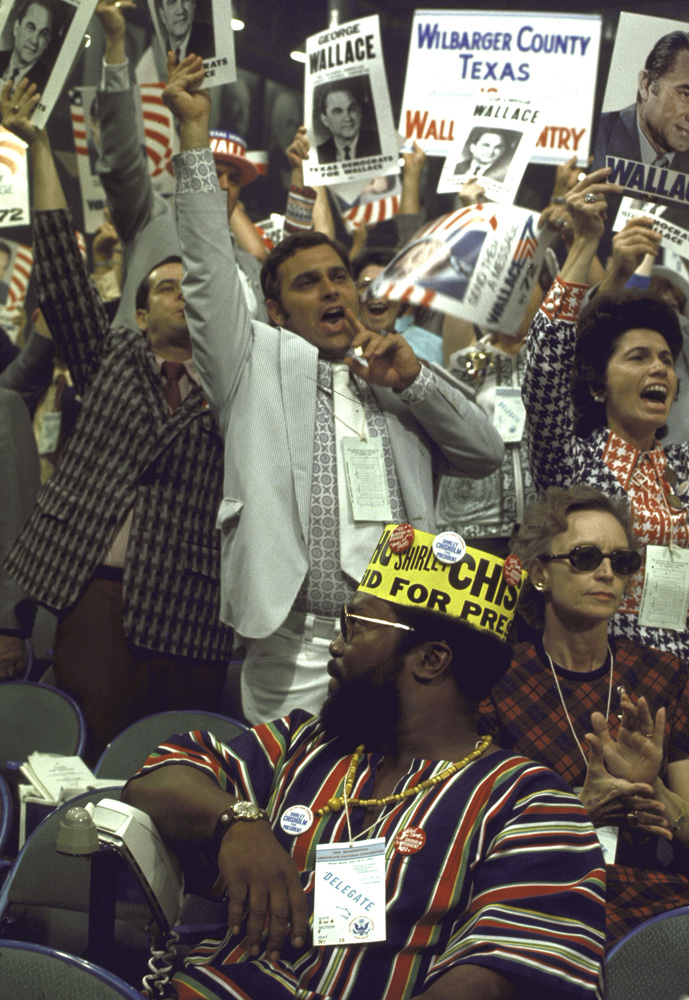
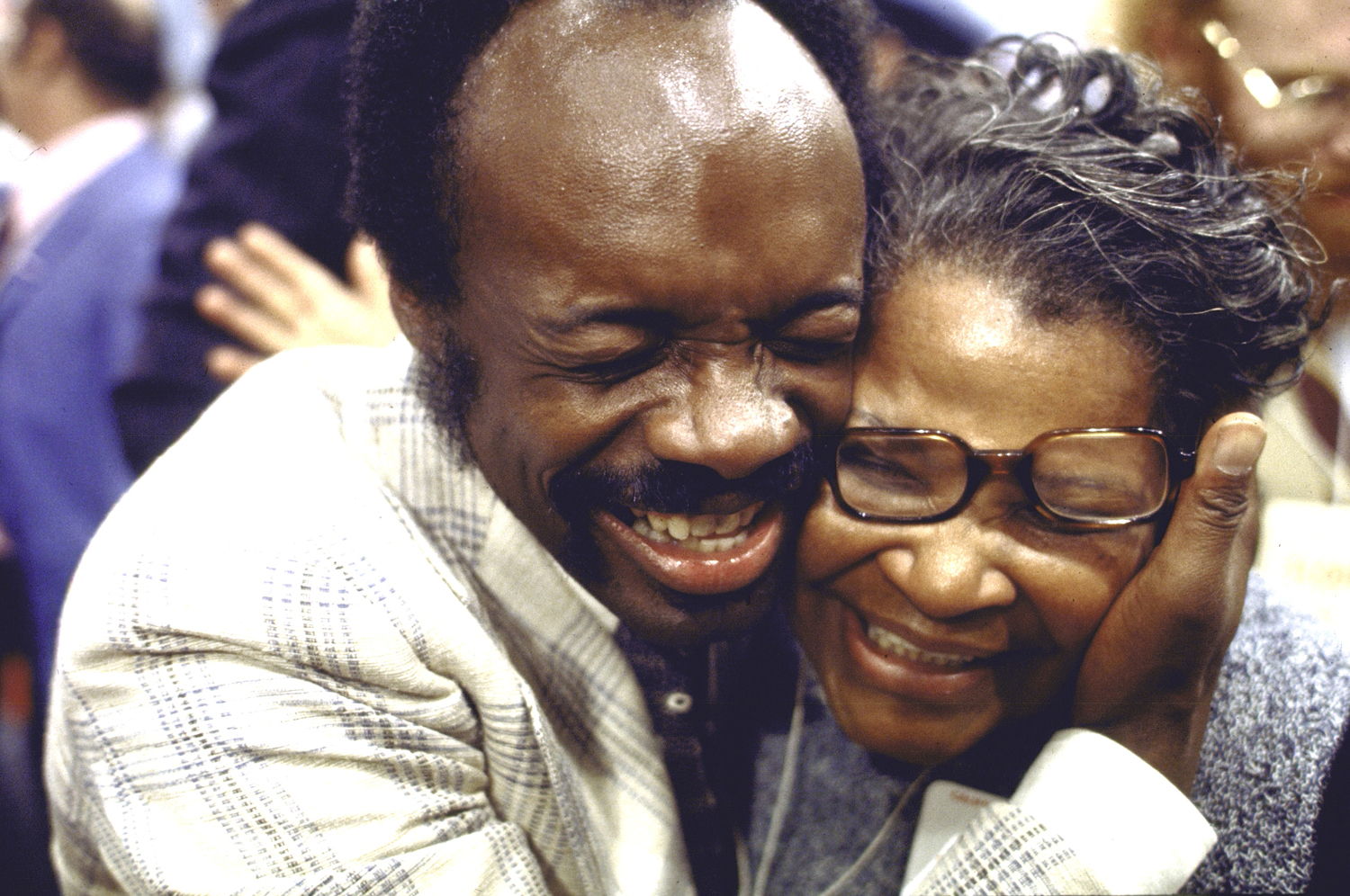
More Must-Reads from TIME
- How Donald Trump Won
- The Best Inventions of 2024
- Why Sleep Is the Key to Living Longer
- Robert Zemeckis Just Wants to Move You
- How to Break 8 Toxic Communication Habits
- Nicola Coughlan Bet on Herself—And Won
- Why Vinegar Is So Good for You
- Meet TIME's Newest Class of Next Generation Leaders
Contact us at letters@time.com